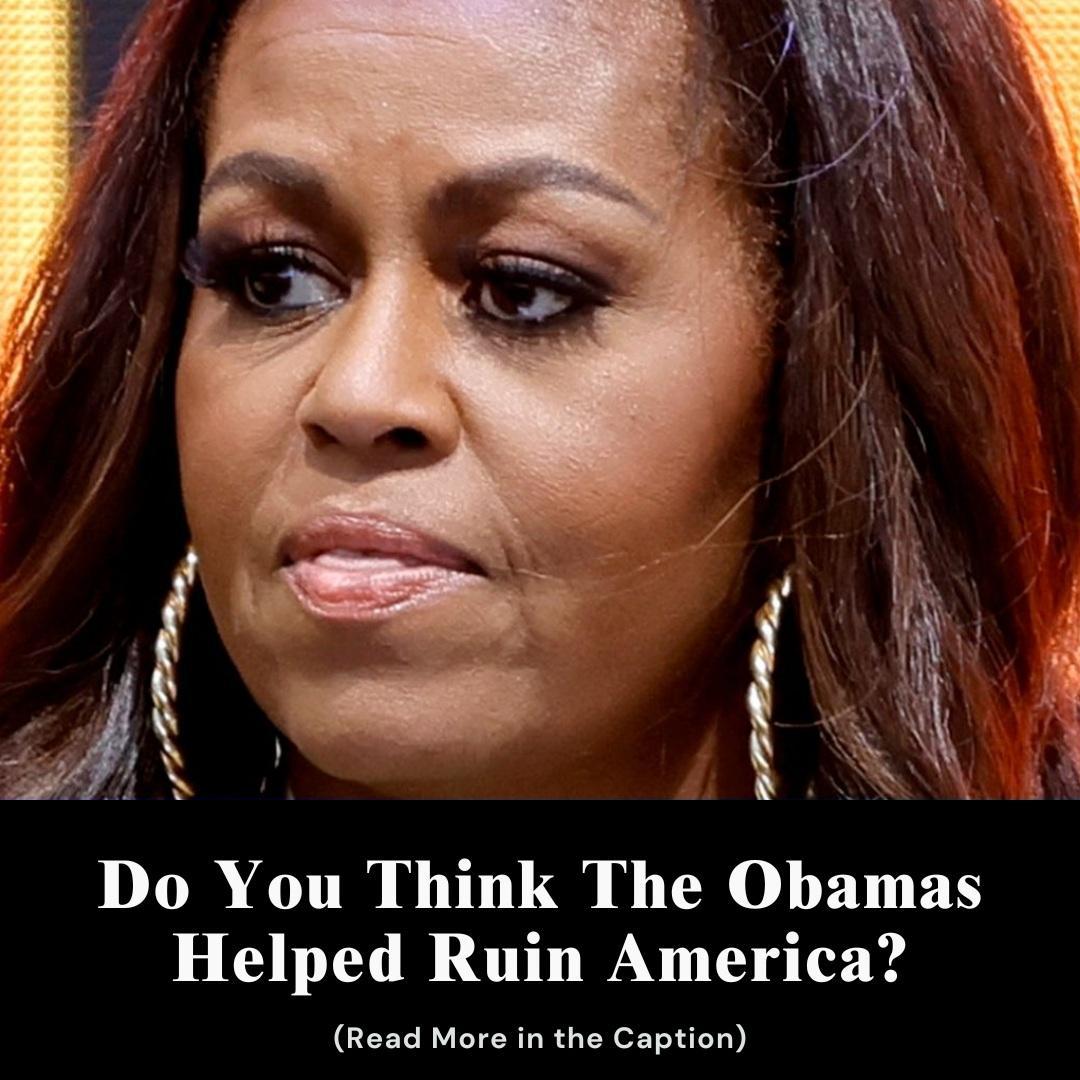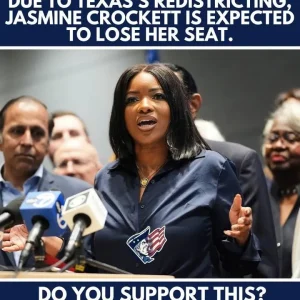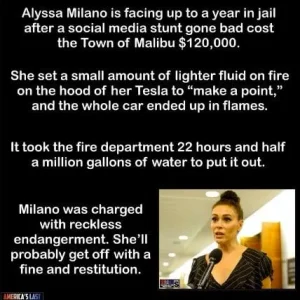The question of whether the Obamas helped ruin America is as polarizing as the political climate that has defined the past decade. To even pose it is to invite fierce debate, exposing the ideological fault lines between Americans who view Barack and Michelle Obama as symbols of hope and progress, and those who see their influence as divisive and detrimental. It is a question that, intentionally or not, reflects the deep mistrust, cultural clashes, and differing visions for the nation that have only intensified since President Obama left office in January 2017.

Barack Obama was elected in 2008 on a wave of optimism, promising hope, change, and a post-partisan future. His presidency broke historical barriers, becoming a global symbol of progress in American society. For millions, his election signified a major step forward in race relations and civic inclusion. Yet from the start, his presidency also encountered fierce resistance—some rooted in genuine policy disagreement, some driven by ideology, and some fueled by more personal or cultural antagonisms.
Critics of Obama argue that his administration contributed to the erosion of American values, particularly in regard to the expansion of federal power, increasing national debt, and divisive identity politics. One of the most common conservative critiques is that the Obama administration fostered a culture of dependency through its healthcare overhaul and welfare policies. The Affordable Care Act (ACA), often referred to as Obamacare, remains a symbol of government overreach for many on the right. While the law expanded coverage to millions of Americans, it also brought mandates, penalties, and a complex bureaucracy that many still resent.
Others argue that Obama worsened racial tensions rather than healed them. High-profile incidents like those in Ferguson and Baltimore during his second term brought race relations to the forefront of national discourse. His critics say that instead of uniting the country, Obama’s public responses often deepened divides, sometimes appearing to sympathize more with protestors than with law enforcement. His supporters, however, argue the opposite—that he spoke necessary truths about systemic injustice and tried to push the nation toward long-overdue reforms.
In foreign policy, Obama’s detractors often point to his handling of the Middle East, particularly the rise of ISIS after the withdrawal of U.S. troops from Iraq, and the controversial Iran nuclear deal. They claim that under his leadership, America’s global influence waned, and traditional allies were alienated. His administration’s “leading from behind” approach in Libya and cautious stance on Syria were seen by some as failures of leadership that allowed chaos and authoritarian regimes to thrive.
Michelle Obama also became a political lightning rod. While widely admired for her work on education, nutrition, and military families, her critics saw her as condescending or overly political in her cultural commentary. Her statement during the 2008 campaign—“For the first time in my adult life, I am really proud of my country”—was seized upon by conservatives as evidence of a lack of patriotism. Over time, she became both a beloved public figure and a lightning rod for criticism, depending on the audience.
However, to say the Obamas “ruined” America is to oversimplify a complex and multifaceted era. They were products of a deeply divided society and also contributors to the political narratives that now dominate. If Barack Obama inspired a generation of young voters, he also inspired a backlash that helped lead to the election of Donald Trump. The pendulum swing between these two presidents represents not just differing policies, but contrasting worldviews.

Ultimately, whether one believes the Obamas harmed or helped the country depends heavily on individual political perspective. They remain two of the most consequential and controversial public figures in recent American history—lauded by some, vilified by others, and symbolic of a nation still struggling to define its identity in an age of rapid change and growing polarization.






